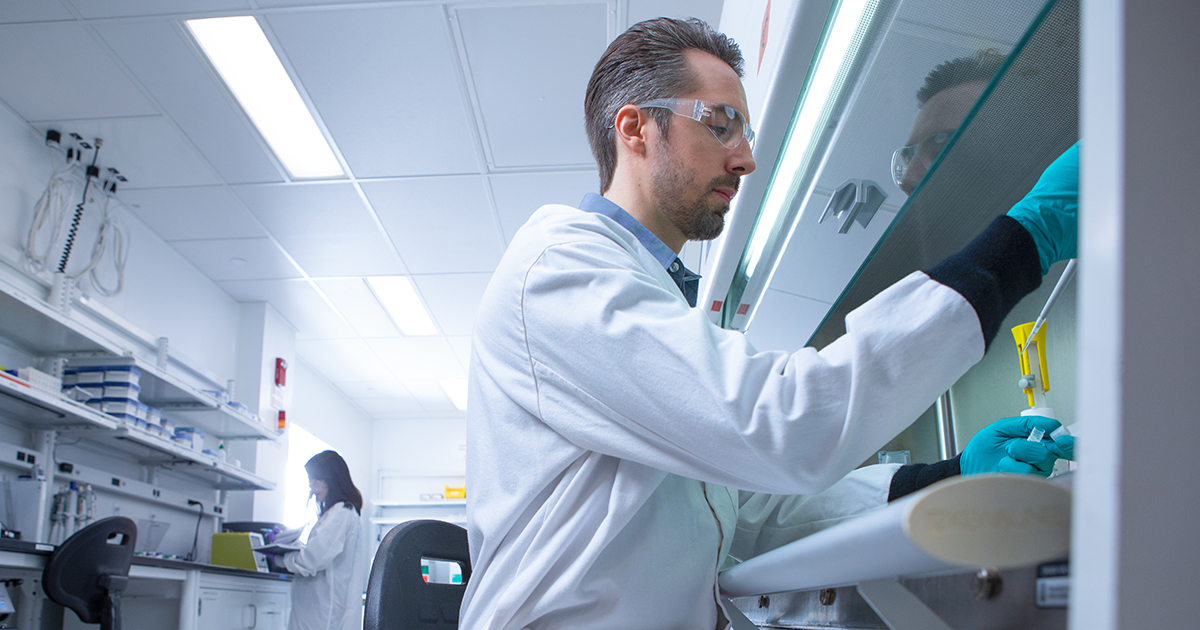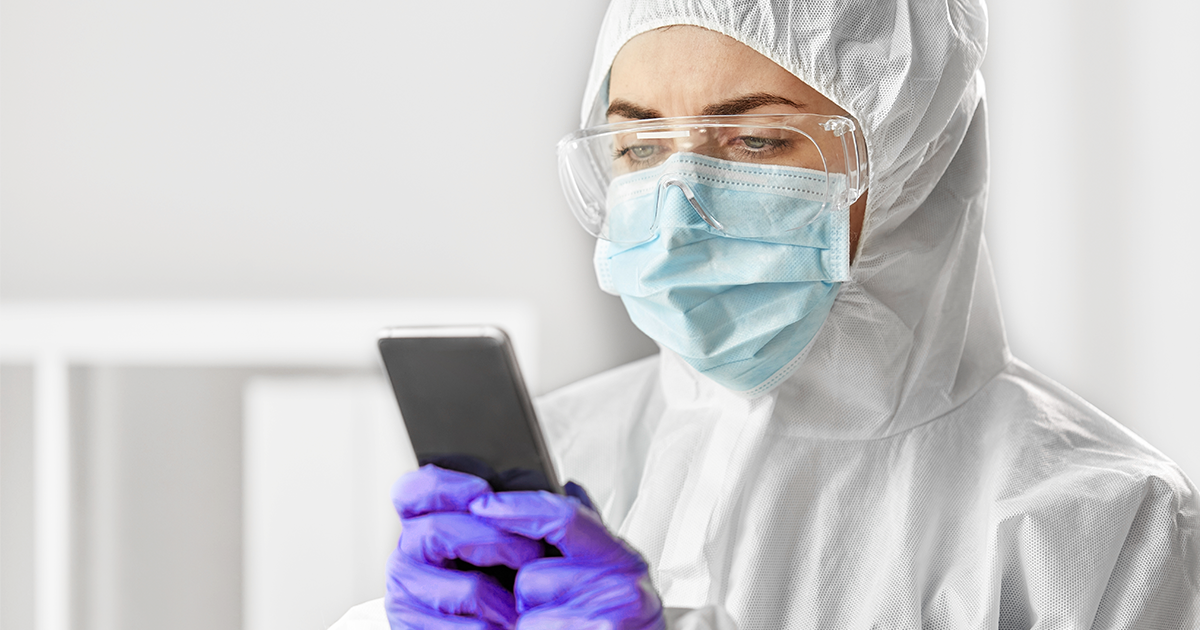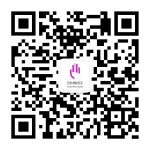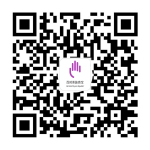“Innovating in the AI machine learning space to make a faster impact on patients’ lives.”

That’s how Thomas Struble, Senior Principal Scientist, Computational Sciences, summarizes the focus of his work at BMS. He and Isha Verma, Principal Scientist, Cheminformatics, are both members of the New Leads in Computational Science team at our Cambridge Crossing site in Cambridge, Massachusetts, which is accelerating small molecule drug discovery using AI capabilities.
Learn about the exciting work these two scientists are doing in this rapidly evolving field, and the career possibilities BMS offers for professionals with science and technology skills to turn cutting-edge research into real-world impact.
From Computer Science to Cheminformatics
As an undergraduate, Isha worked as a lab scientist, but wanted to explore other avenues to accelerate drug discovery outside of the lab. She went on to earn a master’s degree in computer science and held several data scientist roles before starting at BMS in 2022.
“What drew me to the field was the opportunity to tackle big challenges within pharma, which machine learning and AI are well suited for,” she said. “And collaborating with chemists and biologists to translate our work into practice shows we’re really making a difference in the drug discovery process.”
A Chemist’s Move Into Machine Learning
Thomas Struble’s career journey began with a PhD in organic chemistry, where he developed an interest in using data to drive decision-making. That led to a postdoc at MIT, where he “was able to use [his] science expertise to help develop AI machine learning platforms for chemistry.”
Thomas then worked as a scientist in informatics and machine learning for several years in the pharmaceutical industry before joining BMS in 2023. “My team has a strong vision of how we approach machine learning: applying innovative technologies to early drug discovery to make a real impact on patients’ lives. And this group is incredibly motivated and passionate about that vision,” he said.
Innovation Accelerating Impact
Both Isha and Thomas see the use of AI and machine learning as a way to continually push innovation in drug discovery.

“There’s no way we can make every single possible compound that exists—there’s a limited subset we can explore. But with AI, we can look through all the data and find meaningful patterns,” Isha explained. “We can actually generate large sets of virtual molecules that chemists would have come up with themselves. And I think we’re just scratching the surface of where we can go.”
As Thomas describes it, “machine learning has had a huge impact in letting us make decisions much faster, making our test cycles much shorter, and helping us focus on the molecules that have the most potential to affect diseases.”
“Some of the therapeutics we’re working on are for diseases that have no current treatment. So if we can use these technologies to get drugs in the pipeline more effectively, efficiently, and with higher quality, we can make a real difference to people who are suffering,” Thomas said.
Committed to Harnessing the Power of AI in R&D
At BMS, we use innovative technologies—like machine learning—to accelerate every aspect of our business in support of our mission to develop transformational medicines for patients.
“The commitment from our leadership to exploring where we can push the needle in drug discovery makes me proud to work here,” Isha noted.
“The number of avenues where we apply machine learning to our pipeline is unique at BMS,” said Thomas. “That fosters an ecosystem of practical innovation, where we’re pushing new technologies to improve the quality of medicines.”
“Buzzing With Science” in Cambridge
When asked about working in Cambridge, both Isha and Thomas describe a thriving scientific community.
“Cambridge is just buzzing with science,” said Isha. “And at our site we have a diversity of functions, so if you want to learn more about a specific area, you can always find an expert in it. That makes working here really exciting.”
“This is a unique location for science—you have some of the top universities in the country, every big pharma company is here, and there’s a great community of support in the area,” said Thomas.
An Open Mind and a Hunger for Knowledge
What advice would these two scientists offer people interested in a computational science career at BMS?
For Isha, an open mindset and a hunger for knowledge are critical. “Beyond the prerequisite skills for the role, it’s most important to be learning constantly,” she said. “In the AI space there are new technologies coming out continually, and you need to be able to keep up to speed and be open-minded to new techniques.”
“And don’t be afraid to fail—it’s an opportunity to learn something,” she added. “Be persistent and follow your passion, because that’s ultimately what will make you happy at work.”
Thomas suggests throwing out stereotypes about “Big Pharma.” “Sometimes job candidates have the perspective that a pharma company can be bureaucratic and slow-moving. I tell them we have to find a balance; we can’t rush and risk harming people. But by using computational methods, we can make our timelines shorter while also reducing risk. You’ll have the space to do that at BMS,” he said.
Turning Cutting-Edge Research Into Real-World Impact
When asked what motivates them, Isha and Thomas both point to a common goal.
“We’re all driven by the fact that this could be something that actually transforms the lives of patients,” said Isha.
“The guiding light for everyone on my team is that what we’re doing impacts patients—knowing that we are solving some of the hardest problems so we can make patients’ lives better,” said Thomas. “We’re all united by the BMS mission of transforming patients’ lives through science.”





